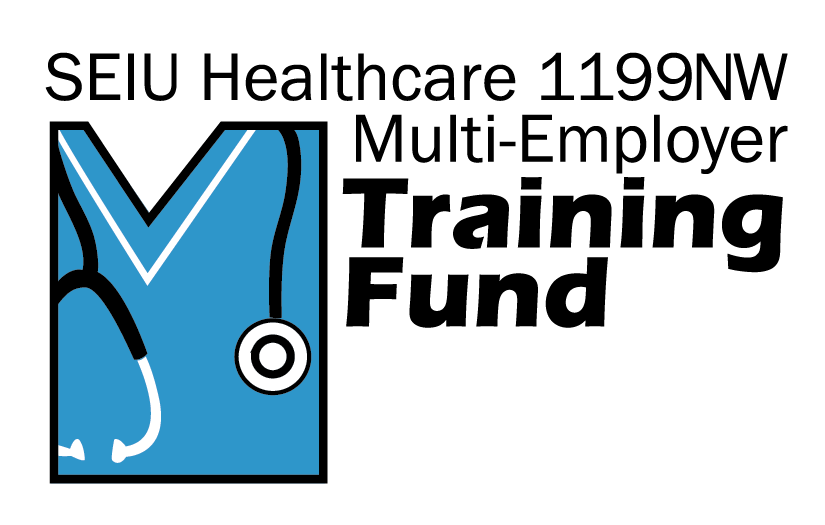
From High School to NA-C: Narielle Mendoza

As a high school senior, Narielle Mendoza has a busy schedule: classes, tests, extracurriculars. But that didn’t stop her from becoming a Nursing Assistant-Certified (NA-C) earlier this year with the Health Care Apprenticeship Consortium (HCAC).
In collaboration with Tacoma Public Schools, HCAC now offers an innovative NA-C training program for high school students. As the healthcare needs of the state grow, so too does the need for trained healthcare workers. HCAC’s NA-C training program offers a roadmap to filling that need.
Through the program, Narielle learned the ins and outs of life as an NA-C by taking part in classroom work and in-person labs. She even did her clinicals at Multicare Tacoma, shadowing nurses there and putting her skills to the test: “I actually got to use that information [from class and labs] and expand on my knowledge…[It was rewarding] seeing patients in real life and seeing nurses and doctors and other health care professionals. It was truly amazing and inspiring and I got the greatest experience from that.”
Narielle is passionate about helping others live their best, healthiest lives. The NA-C training program’s staff ensured that her passion was met with expert guidance. Narielle credits the instructors: “The teachers, nurses, and the people leading the program were all so friendly and engaging. They welcomed my curiosity and made me excited to have a healthcare career.”
Narielle had family support along the way, too. Her father, himself a CNA, offered her constant encouragement and guidance. They bonded over her experience in the NA-C program: “He loves healthcare as much as I do and is always inspiring me to see how much you can make a difference to help people who need care.” Narielle’s father gave her some timeless advice, too: learn from your mistakes.
Now, Narielle is set on finishing out her senior year of high school before college begins. She plans to spend this summer working at a nursing home, where she will put her NA-C skills to use: in her words, she will “assist in taking vital signs and measurements such as urine, weight, and blood pressure; feeding; dressing; cleaning; hygiene care; and assisting in exercise.”
With ambitions of becoming an Orthopedic Surgeon, Narielle’s journey is just beginning. Through the HCAC’s NA-C training program and Tacoma Public Schools, she has taken a big step toward living out her dreams. To all the prospective NA-C program applicants, Narielle offers these wise words: “It might be a tough journey to reach your goals, but keep going because you will be proud that you conquered so much. Your next journey is even more fulfilling for people looking up to you to save their lives!”


 Hello and Happy New Year! I hope that you’re having a good start to the year. I’m very proud of what we’ve all accomplished together in 2022 and am looking ahead to serving even more healthcare workers in 2023.
Hello and Happy New Year! I hope that you’re having a good start to the year. I’m very proud of what we’ve all accomplished together in 2022 and am looking ahead to serving even more healthcare workers in 2023.




